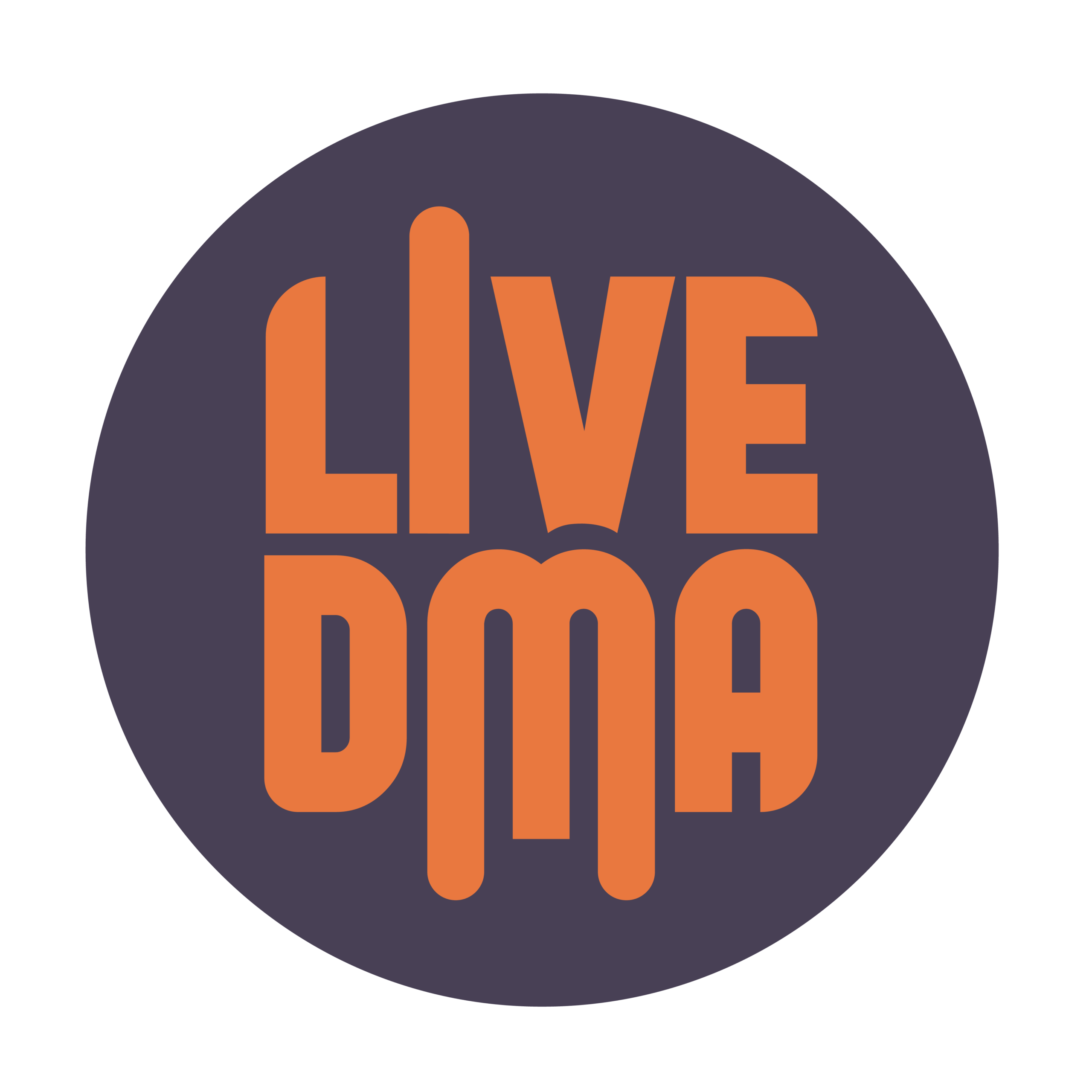“It’s really important for us to be at the forefront on the sustainability and inclusion questions, to inspire others and help with all these things. If we don’t have a sustainable future, we may not have a future at all.”
Communication Officer
-
Any future environmental noise regulation must safeguard the cultural rights to live music and artistic freedom. This paper provides guidance for the drafting of a good urban policy in relation to live music. The recommendations come from a working group comprising live music experts from across Europe who worked together in Antwerp and Madrid to…
Read»
-
On the 20th & 21st of February, the Live Style Europe working group “Music is not noise” met in Trix, Antwerp (Belgium) to work on the challenges related to sound regulations. We drafted the working group so that it could address the challenges of sound regulations from a technical perspective, but also from a political standpoint,…
Read»
-
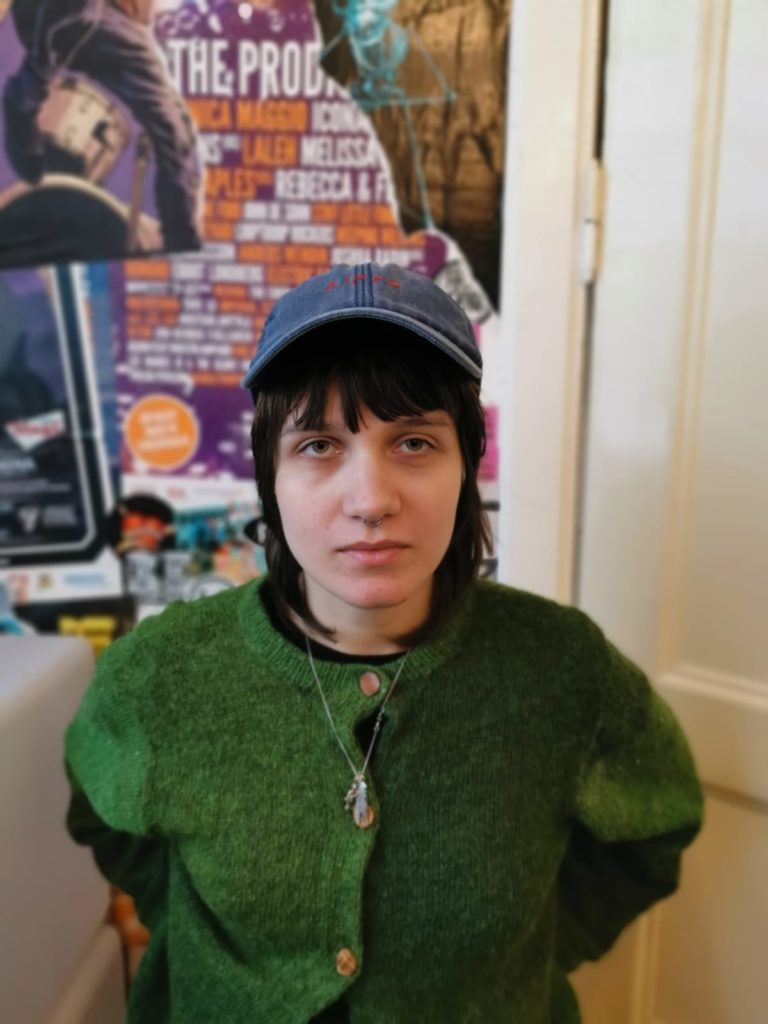
-
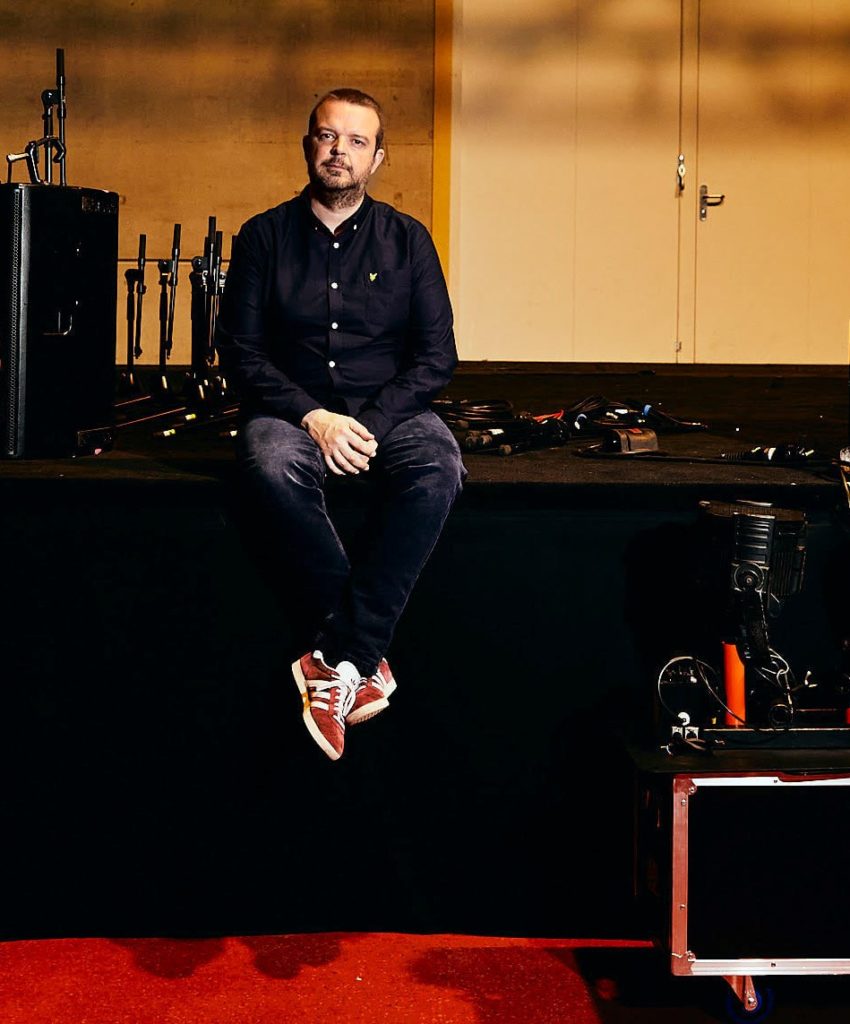
“It’s all about sharing and cooperation!”
-
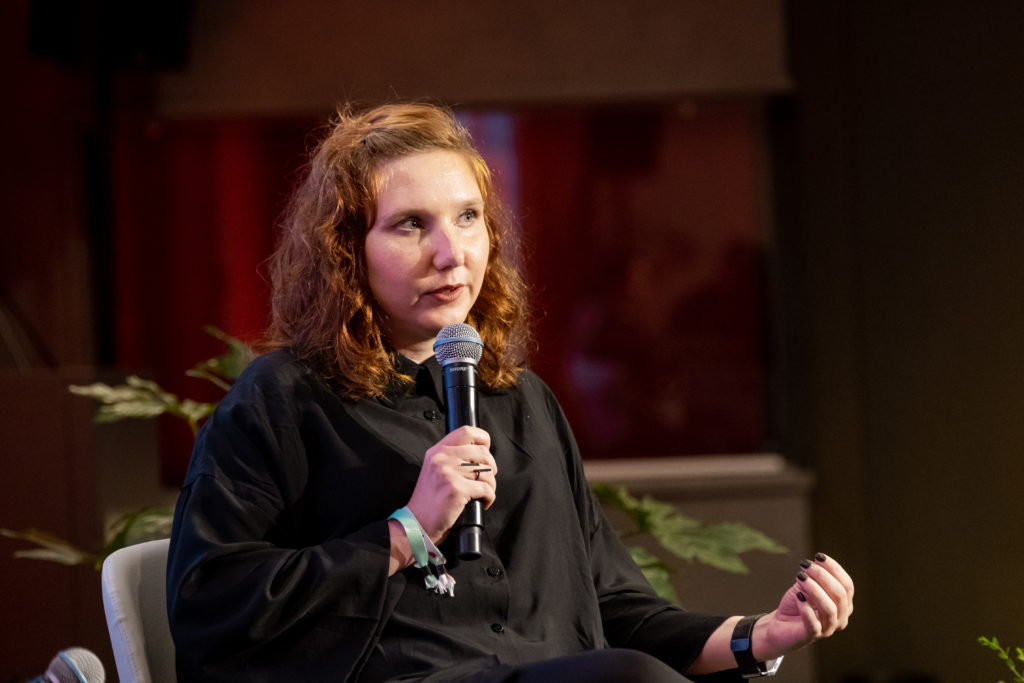
“We need organisations like Live DMA to support our activities. During COVID, it was important to have Live DMA meetings so that we could learn what was going on in the other countries, and that was very helpful when it came to the lobby work on the local level”
-
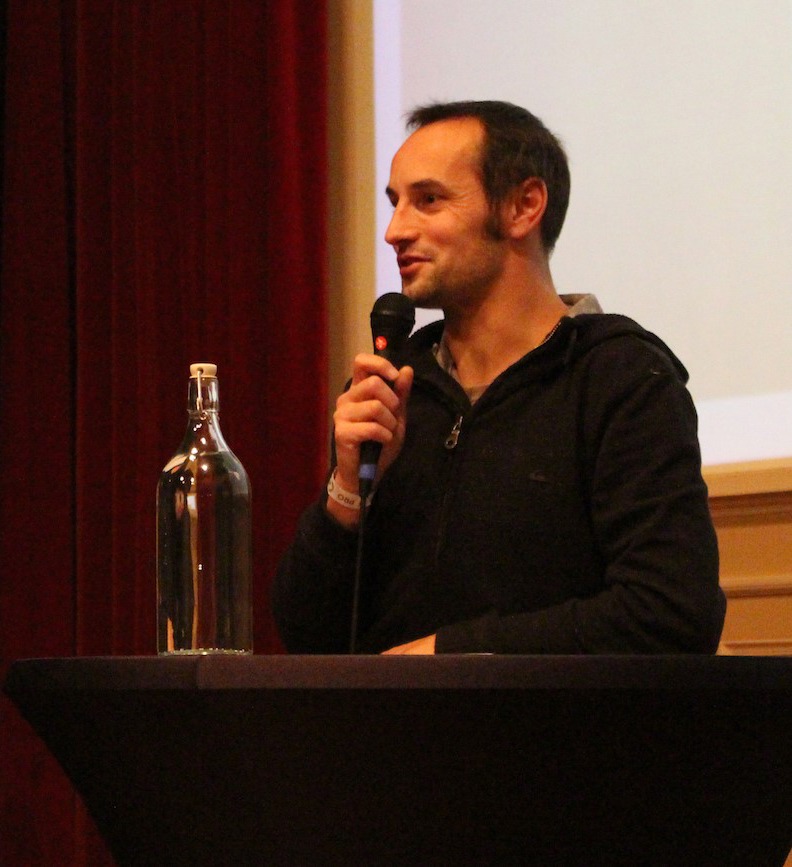
“We have been celebrating the 10th anniversary of Live DMA, a network which was created in 2012 by venue networks from all over Europe. The purpose was to share knowledge and skills with each other, and to set up common projects, and I think we’ve succeeded in doing that!”
-

“I learned to collect and process data with good quality, and also I learned the importance of data to start a dialogue with institutions. Good data gave ACCES a lot of recognition”
-

ʻʼThanks to Live DMAʼs Survey, we showed our government that the more a venue is subsidized, the more money they generate. The Ministry of Culture had little knowledge of our sector. So to present these figures from different European countries was crucial in re-valorising our subsidies.”
